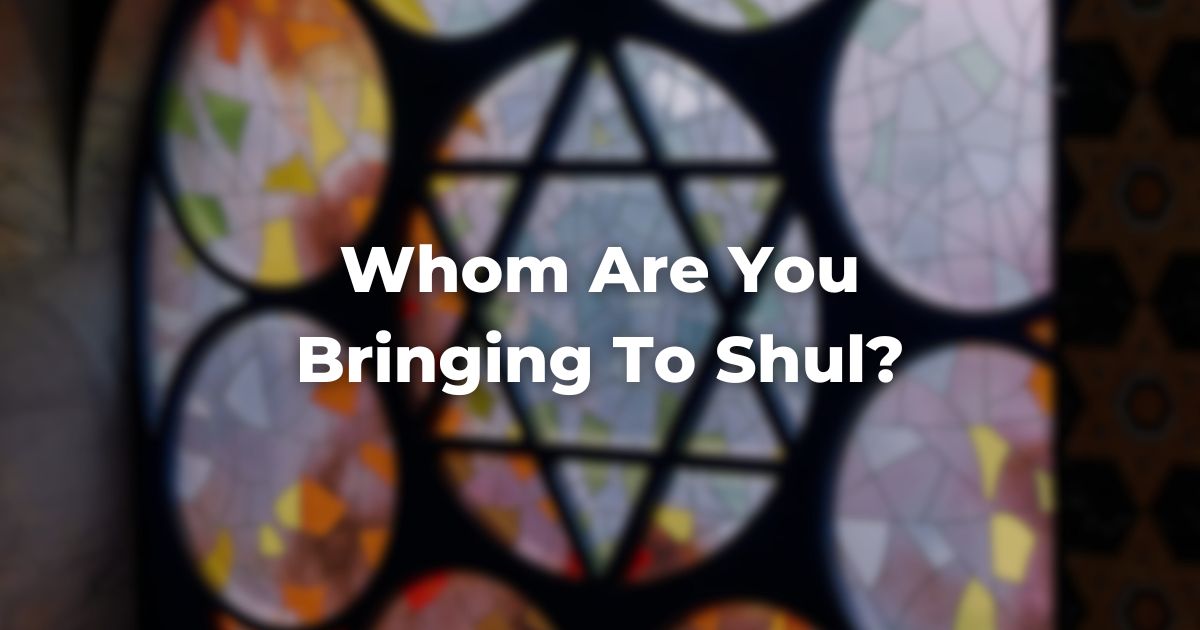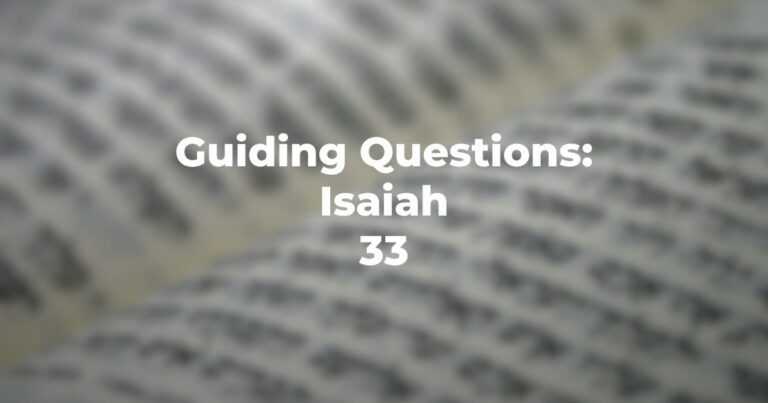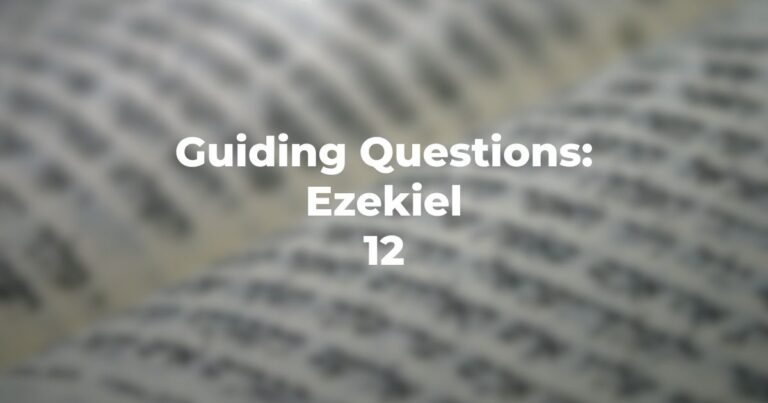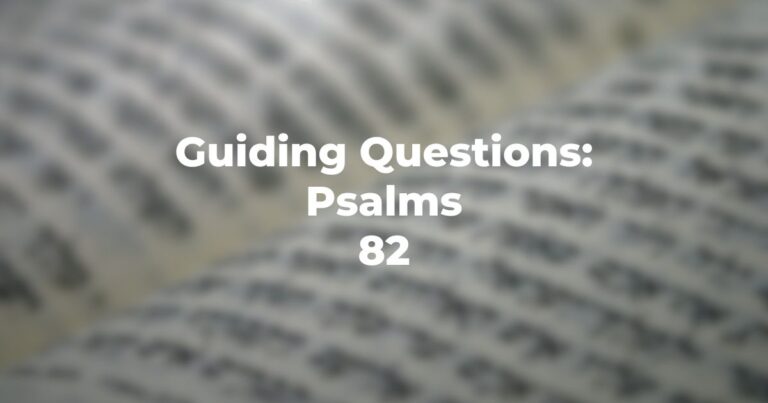A verse in parshat Nitzavim, always read on the Shabbat prior to Rosh HaShanah, echoes throughout the holiday period:
I make this covenant, with its sanctions, not with you alone, but both with those who are standing here with us this day before our God HaShem and with those who are not with us here this day. (Devarim: 29:13-14)
This notion of eternality, of covenant that transcends time, or even existence, is as overwhelming as it is beautiful. But this also creates a paradox: how can someone enter into a covenant if they are not even present?
Traditional Jewish Contract Law
One of my first thoughts when I face this question is the rabbinic legal idea “זכין לאדם שלא בפניו.” While there is no precise parallel concept in common or civil law, the idea can be translated as “One may accept a benefit for another in their absence.”
In his book, Nivei HaTalmud, Professor Nahum Rakover (no relation) has the following entry, which I have translated from the Hebrew:
One may accept a benefit for another in their absence
That is: a matter which constitutes a benefit for a person may be conferred upon them, or performed on their behalf, even without their awareness—on the presumption that since it is to their advantage, they would be pleased for another to carry out the act for them. It is as though they had explicitly appointed that person as their agent, and the agent thus acts on their behalf.
By contrast, matters which constitute an obligation for a person cannot be carried out except with their consent.
For example:
If one wishes to transfer a gift to their fellow by delivering it to a third party, once that third party performs the act of acquisition, the intended recipient has already legally acquired it, and the donor cannot retract.
Consider a simple case. It’s Friday afternoon and you want to bring your friend, Rivkah, flowers as a Shabbat gift. But when you arrive at Rivkah’s house, there is no answer. You decide to knock on the neighbor’s door and ask them to receive the flowers on behalf of Rivkah. Since the flowers are a benefit, the neighbor’s acceptance of them makes them Rivkah’s.
Flowers are one thing, but a whole religious identity? That’s a much bigger commitment. Nonetheless, this idea that all Jews were at Sinai, those born and those not yet born, those born but not yet converted, is also applied here.
The Jewish Communal Soul
We use the legal principle of proxy benefit during the upcoming holidays. We have friends and family who may not be going to synagogue, who may no longer be alive, and who, for myriad reasons, may no longer be engaged with Jewish life. But they were all at Sinai, and our prayers benefit them through our shared covenant.
These are powerful ideas rooted in the TalmudReferring to one of two collections, the Jerusalem and Babylonian Talmuds, edited in the 6th century, that contains hundreds of years of commentary, discussion, and exploration of the ideas in the Mishnah. One could describe it as Mishnah + Gemara = Talmud Read more, but in my opinion, they fall short of the true depths of what we can learn from the phrase, “with those who are not with us here this day.”
Looking at this verse and these ideas through a mystical lens reveals a powerful call to spiritual responsibility. Jewish mystical sources, such as the Arizal, Isaac Luria, illuminate that each Jewish soul is connected—just one part of a great soul that makes us, the Jewish People, a unity.
Evidence for this communality appears throughout the High Holidays. Alongside the benefits provided to the dead by every kaddish recited on their behalf, High Holiday–specific liturgy and practice point us to a collective, a peoplehood, of those present and those absent. Yizkor, the prayer service on holidays for the deceased—a critically important service for many—relies on the idea that we can help the souls of the departed through prayer and good deeds in this world. Another example is the Vidui, the confessional—Ashamnu, Bagadnu—which uses the plural “we have sinned” rather than “I have sinned,” pointing to an idea of collective responsibility and support. Both practices indicate that an individual’s actions can impact the collective: the soul of the Jewish people.
When we go to services, pray, perform a mitzvah, or learn, we are not just impacting ourselves; we are making a difference in the unity of the Jewish people. So, whom are you bringing to Rosh HaShanah services this year?
Author
-
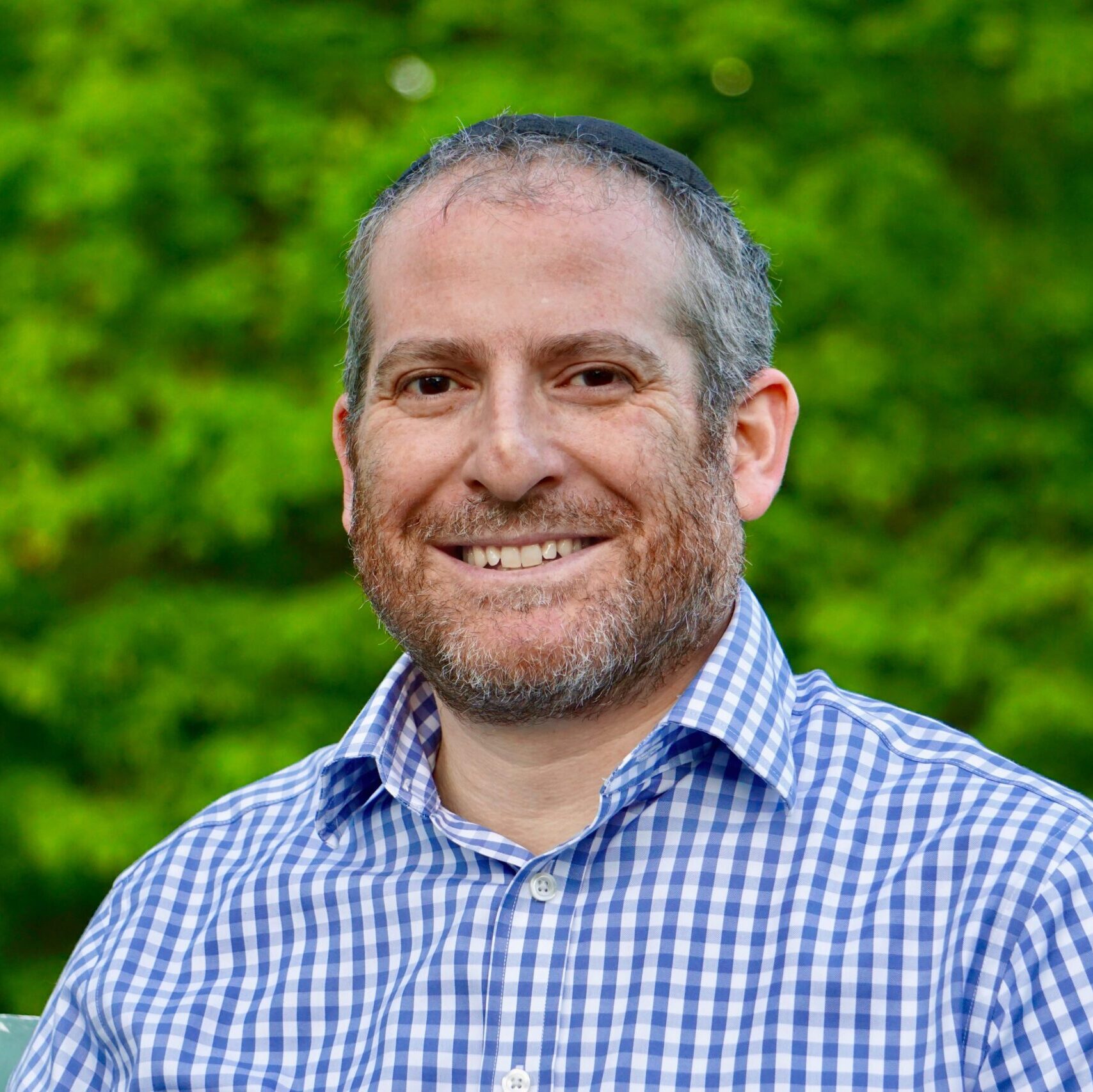
Rabbi Mordechai Rackover serves as Editor in Chief of Exploring Judaism and Director of Publications and Digital Engagement at The Rabbinical Assembly. He has a background in education, campus work, and the pulpit. Mordechai studied for nearly a decade in a number of Yeshivot in Israel and has a BA in Jewish Studies from McGill University and an MA in Jewish Communal Leadership from Brandeis University. When not working he can be found reading or cooking and occasionally catering. Check out his Instagram for mouthwatering shots.
View all posts


